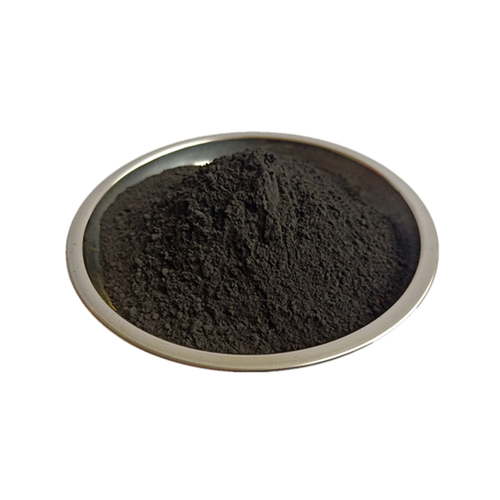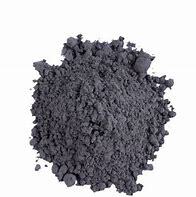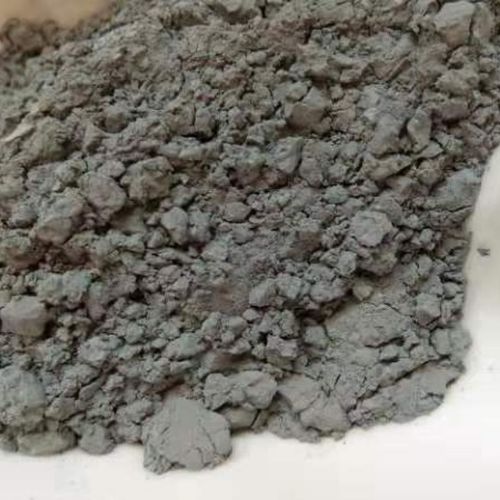Overview of Hot Boron Carbide B4C powder F400 F500 F600 F800 F1000 F1200 F1500 boron carbide For industrial ceramics
Boron Carbide (B4C) is a ceramic compound renowned for its exceptional hardness and wear resistance, ranking just below diamond and cubic boron nitride in terms of hardness. Composed of boron and carbon atoms arranged in a covalently bonded crystal structure, it exhibits unique physical and chemical properties that make it highly valuable in various industrial and military applications. Boron carbide’s high melting point, low density, neutron-absorbing capability, and extreme toughness further distinguish it among advanced materials.
Features of Hot Boron Carbide B4C powder F400 F500 F600 F800 F1000 F1200 F1500 boron carbide For industrial ceramics
-
Extreme Hardness: With a Mohs hardness of around 9.3 to 9.5, boron carbide is one of the hardest materials known, surpassed only by diamond and cubic boron nitride.
-
Lightweight: Despite its hardness, boron carbide has a relatively low density of about 2.52 g/cm³, which makes it an attractive material for lightweight armor systems.
-
Thermal Stability: It possesses excellent thermal stability, maintaining its properties up to temperatures around 2,000°C, making it suitable for high-temperature applications.
-
Neutron Absorption: Boron carbide is a potent neutron absorber due to its boron content, making it ideal for nuclear shielding and control rods.
-
Chemical Resistance: Resistant to most acids and alkalis, except for hydrofluoric acid and hot concentrated alkaline solutions, ensuring durability in corrosive environments.
-
Abrasion Resistance: Its exceptional wear resistance makes it suitable for applications where friction and abrasion are prevalent, such as sandblasting nozzles.

(Hot Boron Carbide B4C powder F400 F500 F600 F800 F1000 F1200 F1500 boron carbide For industrial ceramics)
Parameters of Hot Boron Carbide B4C powder F400 F500 F600 F800 F1000 F1200 F1500 boron carbide For industrial ceramics
Boron carbide powder is commonly used in the production of ceramic materials due to its excellent workability and resistance to heat. It is composed of boron oxide (B4O3) and carbon (C). This mixture is then heated at high temperatures and pressures until it forms a hard and wear-resistant powder.
The strength of the powder can be improved by adding certain types of impurities, such as aluminum or oxygen. Other factors that affect the powders performance include temperature, pressure, and composition. The most common properties of boron carbide powders include their excellent heat resistance, high strength, and good general suitability for use in a variety of applications.
One of the advantages of using boron carbide powder in industrial is that it does not require significant amounts of additional minerals to produce the desired results. However, some may have concerns about the long-term durability and impact of exposure to hot flames or other high-temperature conditions. To mitigate these risks, engineers and producers typically perform regular testing and quality control measures during the production process. Additionally, the powders are usually oven protected when required to ensure safety during the heating process.
Overall, boron carbide powder is a versatile material with a wide range of applications in various industries. Its ability to withstand high temperatures, provide excellent strength, and offer low-to-zero environmental impact make it an ideal choice for ceramic producers looking to develop new and innovative products.

(Hot Boron Carbide B4C powder F400 F500 F600 F800 F1000 F1200 F1500 boron carbide For industrial ceramics)
Applications of Hot Boron Carbide B4C powder F400 F500 F600 F800 F1000 F1200 F1500 boron carbide For industrial ceramics
-
Armor Systems: Widely used in body armor, vehicle armor, and bulletproof vests due to its lightweight and superior protection capabilities.
-
Nuclear Applications: As control rods and shielding material in nuclear reactors because of its neutron absorbing properties.
-
Abrasive and Cutting Tools: In grinding wheels, polishing powders, and cutting tools due to its hardness and wear resistance.
-
Industrial Nozzles: For sandblasting and water jet cutting applications where resistance to wear and erosion is critical.
-
Military and Defense: As a component in armor-piercing projectiles and defensive systems.
Company Profile
MyCarbides is a trusted global chemical material supplier & manufacturer with over 12-year-experience in providing super high-quality carbides and relative products.
The company has a professional technical department and Quality Supervision Department, a well-equipped laboratory, and equipped with advanced testing equipment and after-sales customer service center.
If you are looking for high-quality carbide materials and relative products, please feel free to contact us or click on the needed products to send an inquiry.
Payment Methods
L/C, T/T, Western Union, Paypal, Credit Card etc.
Shipment
It could be shipped by sea, by air, or by reveal ASAP as soon as repayment receipt.
FAQs of Hot Boron Carbide B4C powder F400 F500 F600 F800 F1000 F1200 F1500 boron carbide For industrial ceramics
Q: Is Hot Boron Carbide B4C powder F400 F500 F600 F800 F1000 F1200 F1500 boron carbide For industrial ceramics toxic?
A: Pure boron carbide is generally considered safe to handle. However, during machining or grinding, dust inhalation can be a concern, requiring proper ventilation and protective equipment.
Q: Can Hot Boron Carbide B4C powder F400 F500 F600 F800 F1000 F1200 F1500 boron carbide For industrial ceramics be machined?
A: Due to its extreme hardness, machining boron carbide is difficult and requires specialized techniques and diamond tooling. Grinding, EDM (Electrical Discharge Machining), or laser cutting are common methods.
Q: How does Hot Boron Carbide B4C powder F400 F500 F600 F800 F1000 F1200 F1500 boron carbide For industrial ceramics compare to tungsten carbide in terms of hardness?
A: Hot Boron Carbide B4C powder F400 F500 F600 F800 F1000 F1200 F1500 boron carbide For industrial ceramics is harder than tungsten carbide, with a Mohs hardness of around 9.3 to 9.5 compared to tungsten carbide’s 8.5 to 9.
Q: What is the primary use of Hot Boron Carbide B4C powder F400 F500 F600 F800 F1000 F1200 F1500 boron carbide For industrial ceramics in the military sector?
A: Hot Boron Carbide B4C powder F400 F500 F600 F800 F1000 F1200 F1500 boron carbide For industrial ceramics is primarily used in the military for body armor, armored vehicles, and as a component in armor-piercing ammunition due to its combination of hardness, light weight, and ballistic performance.
Q: Can Hot Boron Carbide B4C powder F400 F500 F600 F800 F1000 F1200 F1500 boron carbide For industrial ceramics be used in high-temperature applications?
A: Yes, Hot Boron Carbide B4C powder F400 F500 F600 F800 F1000 F1200 F1500 boron carbide For industrial ceramics maintains its structural integrity and properties up to very high temperatures, making it suitable for use in extreme heat environments such as furnace linings and high-temperature ceramics.

(Hot Boron Carbide B4C powder F400 F500 F600 F800 F1000 F1200 F1500 boron carbide For industrial ceramics)





